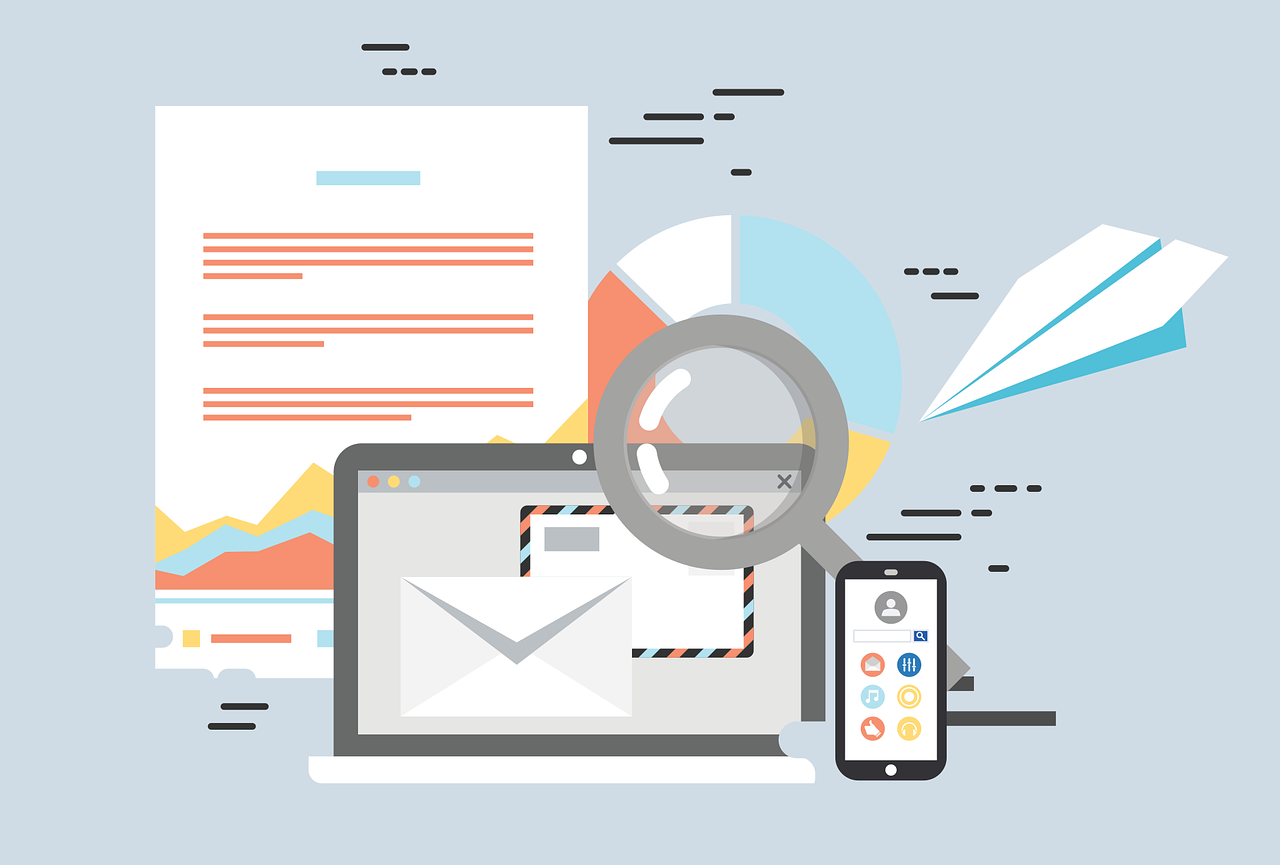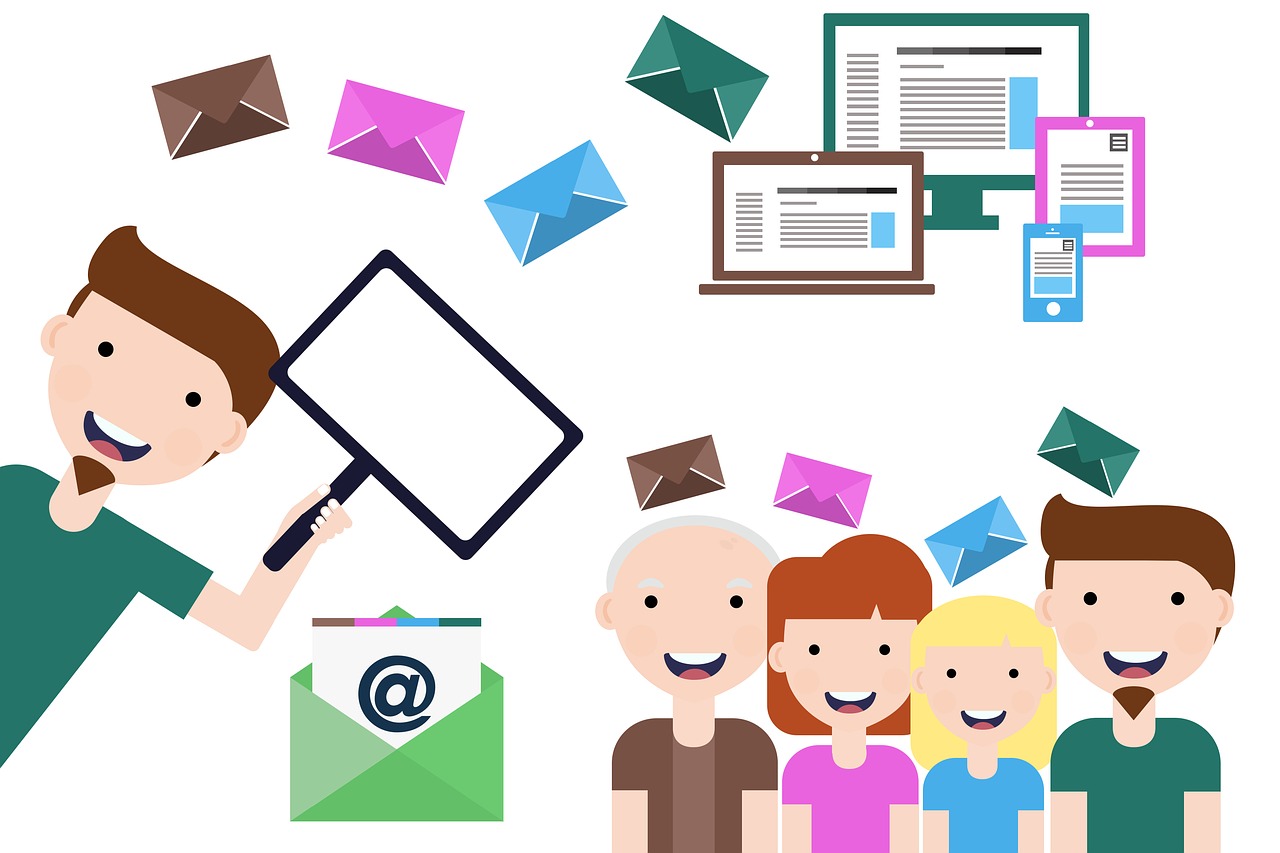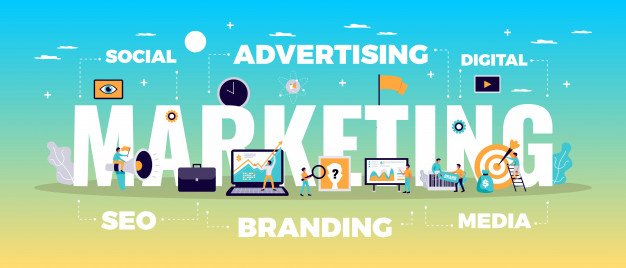Times have changed. Commerce no longer waits for customers to head into a brick-and-mortar store, but instead takes on a proactive approach. Marketers must rely on various tools to reach out to their consumers, create sales channels, and generate revenue. Gone are the days when newspaper ads and billboards took center stage; with technology, digital marketing outreach becomes a necessity as it can reach a considerable amount of users in the shortest amount of time.
Marketers often ask us about the most effective platform they should first choose, and our answer always goes back to good old email marketing. Singaporeans are so comfortable with technology, and the majority of the technologically-savvy generation will check their emails at least once a day. Even though it’s one of the most traditional methods, it’s still used frequently because it simply works. Here’s the tricky part: email marketing has to be implemented correctly. Use it right, and it’ll become an incredibly powerful tool. Use it wrong, and you’ll risk turning away customers, both potential and returning ones.
Unconvinced? We’ll give you two reasons why email marketing is the best digital marketing outreach, and how you should use it effectively. Whether you’re on a limited budget or hiring a digital marketing agency in Singapore, it’s important to understand email marketing so you can use it to your advantage, especially after your lead generation agency has delivered new prospects for your business.
1. Email marketing provides endless possibilities.
Like we’ve mentioned, email marketing may be one of the oldest forms of digital marketing, yet marketers in most industries still use it today as it’s efficient and cost-effective. It involves sending emails to a target audience’s inbox and gives companies a chance to promote their product or service, create brand loyalty, deliver value to consumers; the possibilities are endless.
Since there are so many ways to use email marketing, there is no reason for you to stick to one type. As sending the same emails too frequently may turn consumers away, you should find the right balance to keep your readers interested and hopefully increase sales. Here are two different types of marketing emails that you can send out to engage your subscribers.
Welcome emails are usually the first email a subscriber receives after giving you their email address. As it’s the first connection, it’s essential to not only introduce your brand but also make it a memorable one. There are several ways you can do this: you can either share with them more about your brand’s story, invite them to connect via other means (such as social media) or get to know more about them (such as asking for their birthdays). Since the purpose of welcome emails is to increase your engagement with your subscribers, an excellent way to start would be to give them a gift, either a trial or discount code.
Informational emails are a series of emails sent to users to keep them engaged with your brand. There are several ways you can do this, depending on your brand. If sales are your priority, you can send out targeted emails informing your subscribers of promotions, discount codes, and holiday sales. If you’re providing software, and your main goal is to increase brand awareness, you can release a series of tips and tutorials on how to make the best out of it. There are so many ways you can continuously engage your subscribers, but remember to keep a steady pace; you want to provide your readers with value, not flood them with dozens of emails.
As there are so many ways to use email marketing, if you’re hiring a digital marketing agency in Singapore, be sure to let them know what you’re trying to achieve. Different goals require different types of emails, and your agency needs to know what you need before they can help you get the results you want.
Email marketing lets you personalize your engagement.
Although every business has a buyer persona, it may not always be the same. As a brand, you may have a range of audiences that differ based on age, gender, and other demographics. The best way to reach out to different audiences is to cater to them differently, and email marketing helps you do so by segmenting your audiences into categories. The idea is to tailor various emails that will resonate with each audience segment and provide them with something exciting and of value.
If you use email marketing correctly, you can not only address your subscribers by name but also provide them with something that they want. For example, you can email your VIP members about an exclusive event or reach out to your teen audience about a back-to-school sale. By targeting each segment differently, you can increase the effectiveness of your emails. This is extremely important as an email can only be successful if your subscribers open it, read it, and appreciate it.
We can go on and on about how effective email marketing can be, but the best way for you to find out is to try it yourself. If you’re confused and not sure where to begin, now’s a good time to ask for help. Reach out to a digital marketing agency in Singapore, let them know what you need, and they’ll help you achieve it.
Read Also:























